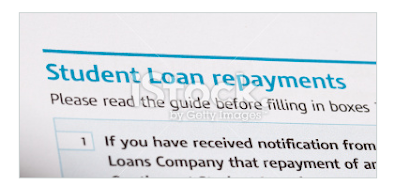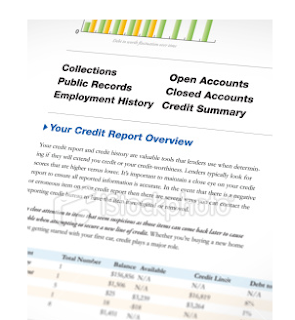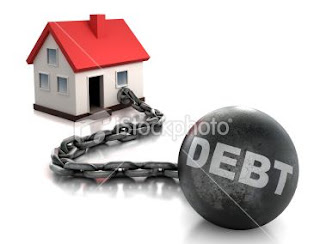First a story:
One day . . . a wealthy family man took his son on a trip to the country so he could have his son see how poor country people live.
They stayed one day and one night in the home of a very humble farmer. At the end of the trip, and when they were back home, the father asked his son, "What did you think of the trip?"
The son replied, "Very nice dad."
Then the father asked his son, "Did you notice how poor they were?"
The son replied, "Yes."
The father continued asking, "What did you learn?"
The son responded, "I learned that we have one dog in our house, and they have four.
Also, we have a fountain in our garden, but they have a stream that has no end.
And we have imported lamps in our garden . . . where they have the stars!
And our garden goes to the edge of our property. But they have the entire horizon as their back yard!"
At the end of the son's reply, the father was speechless.
His son then said, "Thank you, Dad, for showing me how poor we really are."
Isn't it true that it all depends on the lens you use to see life?
One can ask himself what would happen if we give thanks for what we have instead of always asking for more.
Learn to appreciate what you have. Wealth is all in one's point of view.
Author unknown
Debt-free people are masters of money. They make the best of what they have to enjoy a care-free and debt-free life. Here are their wise ways of managing their
personal finance:
1.
Smart use of
credit cards: They only keep credit cards that are free for life. They just want to take advantage of credit cards to earn reward points or pay less with cash-back offers. They totally avoid credit and pay promptly and fully every time.
2. Pay themselves first: They understand that the source of their wealth is from their savings accumulated over time with compound interest. It is their habit to incorporate an amount for savings as part of their “expense” budget. They will do it by way of auto-transfer or they will set aside an amount regularly and consistently.
3. Read and learn: They are hungry for knowledge and the latest happenings in the financial world. They want to be on top of things to preserve their wealth. They learn and explore ways to invest their hard-earned money for maximum gain at risk levels they can tolerate.
4. Live within their means: They know that their financial resources are limited; they choose to live within their means to avoid their fund being depleted. Their lifestyle is tailored according to what they can afford and not how they want to live according to the standard of others. It means they spend less than what they earn and so there is no debt to be incurred.
5. Have an emergency fund: They have ready cash to meet unexpected expenditures such as paying for a major repair of their house or car. They also foresee the uncertainty of job security and they are ready for it financially for a period of time.
6. Invest for retirement: They know that they need a replacement source of income when they are no longer capable of earning a living. They invest their savings regularly while they are still at work and slowly build a stream of passive income for their golden years.
7.
Monitor their spending and net worth: They use a spreadsheet to record and monitor their spending and compare it with what they have budgeted. They review their
net worth once a year to measure their effectiveness in accumulating wealth.
8. Simple lifestyle: They are practical people with practical needs because they appreciate what they have. They don’t follow their neighbors and spend unnecessarily to match other people’s way of life.
9. They are in control: They are patient people and impulse spending is not their way. They think first and spend later and not to allow money to control them.
10.
They have an ultimate goal:
Financial freedom is their financial mission. They want to live a financially independent life. They want to be self-supporting. They do not want to live a miserable life at the mercy of others.
Finally:
A man in debt is so far a slave. - Ralph Waldo Emerson
















